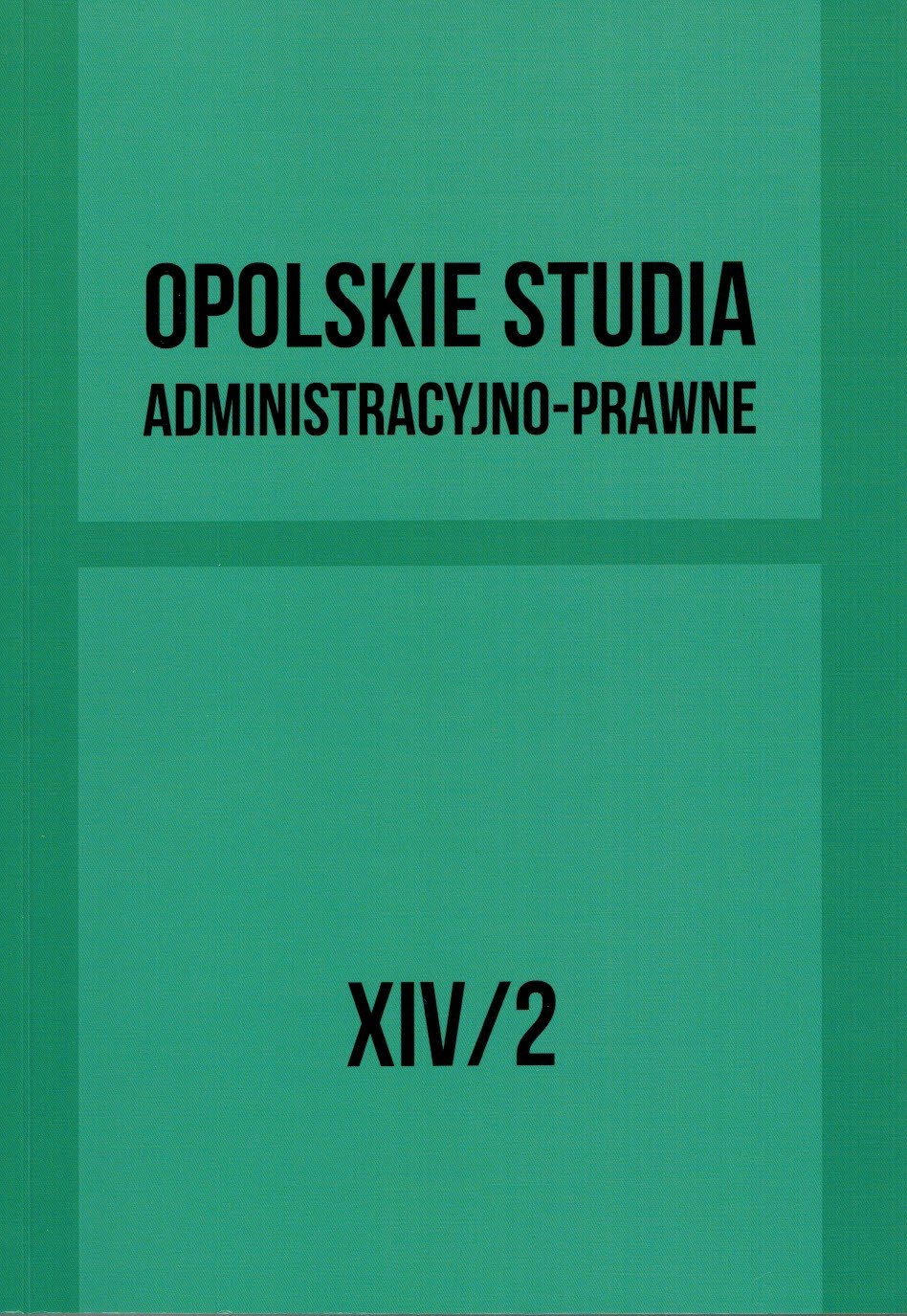Kościół katolicki wobec parlamentaryzmu II Rzeczypospolitej na przykładzie nauczania społecznego kardynała Stefana Adama Sapiehy
The catholic Church towards parliamentarism of the Second Republic of Poland (the case study of the social teaching of cardinal Adam Stefan Sapieha)
Author(s): Mateusz KępaSubject(s): Politics / Political Sciences, Christian Theology and Religion, Politics, Law, Constitution, Jurisprudence, History of Law, Theology and Religion, Sociology of Religion
Published by: Uniwersytet Opolski
Keywords: parliamentarism; Adam Stefan Sapieha; the Second Polis h Republic; Catholic Church; system of governance
Summary/Abstract: The purpose of this article is to describe the relationship between parliamentarism and the social teaching of the Catholic Church, with a special emphasis on pastoral, social and political activities of cardinal Adam Stefan Sapieha. The system of parliamentary government is a system of government in which the legislative authority in the form of parliament passes laws and controls the executive authority, which is wielded by the president together with the government. An important aspect of this system of government is the interpenetration of these two authorities and their mutual complementing, which is evident even in the possibility of bringing forward bills by the executive. The view of the parliamentary system held by cardinal Adam Stefan Sapieha was based on the social attitude which was represented by the Christian Democrats. The political system accepted by the Christian Democrats was democracy, which very clearly demonstrates all positive forms of local government’s actions and the principle of subsidiarity. The basis of this assumption is that it is on the lowest levels of society where the common good based on social solidarity can be realized. The Archbishop of Krakow perceived the political, social and economic issues through the prism of the Catholic Church. He believed that the task of the state is to protect society against the moral decay of anti-Christian totalitarian systems. According to Sapieha, the state should act as a servant in relation to the nation. The Metropolitan claimed also that the vision of the relationship between social ranks, contrary to the socialist vision, was not burdened with a conflict. Sapieha saw the danger of drastic social inequality, but definitely spoke out against socialist and communist solutions. The cardinal emphasized the accent which should be laid on the development of all forms of civic government. So the ideal state is a decentralized state, in which citizens, due to rights and activities taken up by themselves, have an influence over the governments. According to Sapieha, a democratic state of law should respect political pluralism based on the principle of subsidiarity and justice, as well as sovereignty, and above all – the principle of parliamentary majority.
Journal: Opolskie Studia Administracyjno-Prawne
- Issue Year: XIV/2016
- Issue No: 2
- Page Range: 197-206
- Page Count: 10
- Language: Polish

